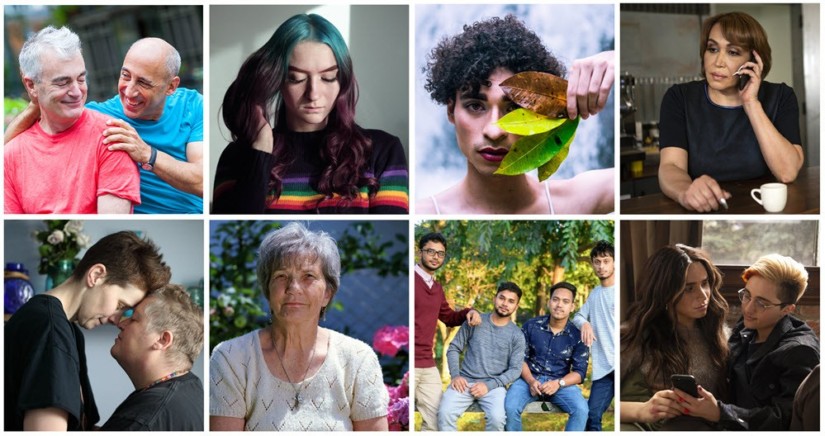Out with Cancer Research Study
12 February 2020
News

About the Out with Cancer Study
The ‘Out with Cancer’ study wants to know about LGBTQI+ experiences of cancer and cancer care.
LGBTQI+ includes people who are lesbian, gay, bisexual, transgender, queer, born with a variation in sex characteristics (intersex variation), and those who identify with other descriptor terms used in our communities.
Take the survey and/or be interviewed about your experiences of cancer or as a carer. You can also take part in an interview using photos taken by you.
You will be asked about your experience of cancer or caring for a person with cancer, wellbeing, social support and relationships, and experiences with the healthcare system. We will use this information to develop better information and support for LGBTQI+ people with cancer and their carers.
Why We Need Your Help
LGBTQI+ communities represent an “ignored epidemic” and a “growing and medically underserved population” in cancer care.
Previous research suggests LGBTQI+ communities experience a disproportionate cancer burden, and face unique psychosocial challenges, such as higher rates of cancer related distress and sexual concerns, lower levels of family support, difficulties in accessing general health care or cancer services, gaps in patient provider communication and lower satisfaction with cancer care.
“Research is needed to understand these disparities and the complexity of LGBTI+ experience of survivorship across tumour streams, from diagnosis through to palliative care.”
Recently, the American Society of Clinical Oncology recognised this health disparity and concluded there is “insufficient knowledge about the health care needs, outcomes, lived experiences and effective interventions to improve outcomes” for LGBTQI+ populations. As a result, health care providers and policy makers are ill-equipped to provide culturally-competent advice or assistance to LGBTQI+ cancer survivors and their families.
Contact us
For a paper version of the Out with Cancer survey or for more information about the study please contact us.
+612 4620 3677 Monday to Wednesday
outwithcancer@westernsydney.edu.au
Get support
If you are experiencing distress related to your involvement in this study, or would like to talk to someone about being LGBTQI+ and/or your cancer experience, please click here for support services that may be helpful to you.
